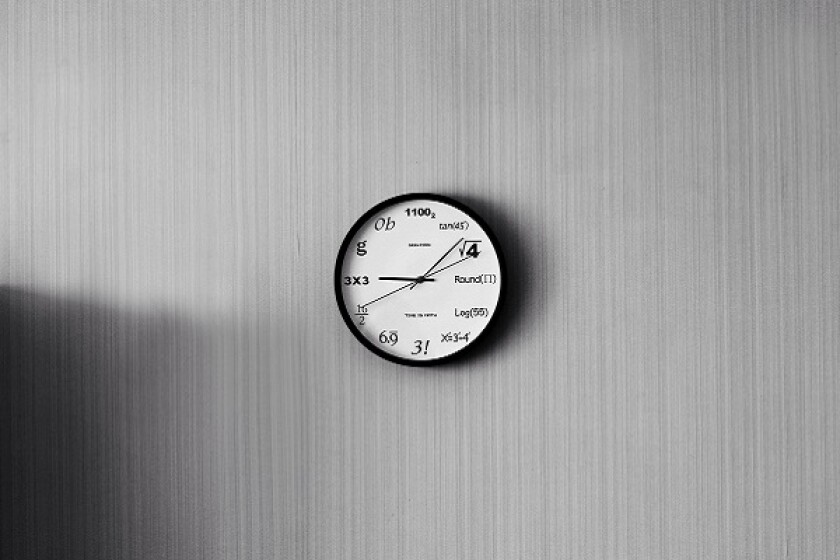IP owners would have often asked in the past if foreign and domestic businesses were equally treated in courts. In Russia, it is difficult to fathom why this ques tion sprang up once every few months because Russian courts have never differentiated between domestic participants and aliens.
In the meantime, courts were steadily gaining experience in adjudicating IP cases, though nevertheless, sometimes questions were raised in respect of the quality of the judgments.
Now, it seems that the hurdle has been overcome. Courts have accumulated vast experience in examining IP cases, and enforcement of IP is done by the local courts of the first and second instances, as well as by a specialised IP court.
The Supreme Court has recently aired a report showing that most disputes involving IP are solved in favour of IP owners. In common courts, the rate is about 80% in favour of IP owners (in 2020: 618 cases and 462 positive judgments – 75%). The respondents in these disputes are owners of pirate sites and infringers of copyright. The high rate may be explained by the fact that the infringers of this kind in many cases do not take seriously their misdemeanour with the result that the courts hand down most strict judgments against them.
In commercial courts, the rate of victories is even more impressive – in 2020: 22352 cases with 18185 positive judgments – 81%. This is even though that infringing legal persons are more qualified, they understand what they do, infringe knowingly (in most cases) and may engage experienced lawyers to counter attacks of the IP owner.
The general picture of enforcement of rights is more than satisfactory. It also implies that there are obvious advantages to register one’s intellectual property. This will save a lot of effort and money in a possible dispute.
It is worth mentioning that not only damages, direct and circumstantial, may be recovered but also a so called compensation. This is a viable alternative to damages. Damages should be meticulously documented and submitted to court. Compensation does not need to be proved, just claimed. Although it can be argued that the amount of compensation may not seem sufficient in some cases. The maximum amount may be somewhere between $60,000 and $70,000 depending on the rate of exchange but it may be claimed hands down. If it is not, sufficient proof of damage is welcome.
Below are given some court statistics showing the winning rate of applicants in IP disputes in 2020:
Appeals against Rospatent decisions: 47 cases examined; 33 satisfied.
Enforcement of IP rights: 22970 cases examined; 18647 satisfied.
The bottom line is that it is worthwhile to protect one’s IP rights.
Vladimir Biriulin
Partner, Gorodissky & Partners












